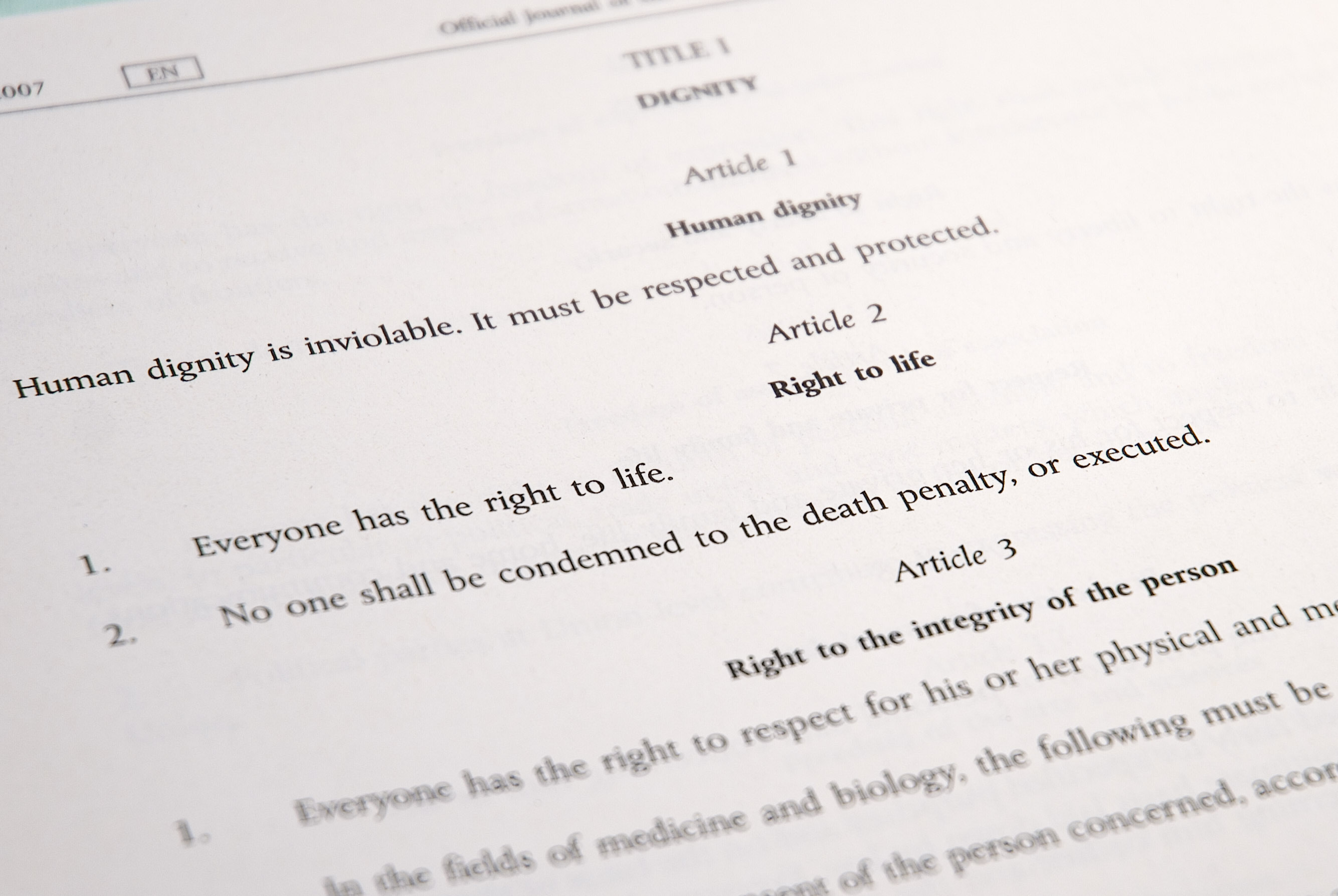|
Supranational Law
Supranational law is a form of international law, based on the limitation of the rights of sovereign nations between one another. It is distinguished from public international law, because in supranational law, nations explicitly submit their right to make judicial decisions by treaty to a set of common tribunal. The United Nations Security Council and subordinate organizations, such as the International Court of Justice, are the only globally accepted supranational tribunals. American supranational law The Articles of Confederation, formally the Articles of Confederation and Perpetual Union, was the first supranational agreement where 13 sovereign states were unified in a common government, which later became the United States of America. The central government proved too weak to manage the growing economy as the sovereign states incurred national debts and independently managed their national currencies without central coordination. The supranational government was terminated and t ... [...More Info...] [...Related Items...] OR: [Wikipedia] [Google] [Baidu] |
International Law
International law (also known as public international law and the law of nations) is the set of rules, norms, and standards generally recognized as binding between states. It establishes normative guidelines and a common conceptual framework for states across a broad range of domains, including war, diplomacy, economic relations, and human rights. Scholars distinguish between international legal institutions on the basis of their obligations (the extent to which states are bound to the rules), precision (the extent to which the rules are unambiguous), and delegation (the extent to which third parties have authority to interpret, apply and make rules). The sources of international law include international custom (general state practice accepted as law), treaties, and general principles of law recognized by most national legal systems. Although international law may also be reflected in international comity—the practices adopted by states to maintain good relations and mutua ... [...More Info...] [...Related Items...] OR: [Wikipedia] [Google] [Baidu] |
Supranationalism
A supranational union is a type of international organization that is empowered to directly exercise some of the powers and functions otherwise reserved to states. A supranational organization involves a greater transfer of or limitation of state sovereignty than other kinds of international organizations. The European Union (EU) has been described as a paradigmatic case of a supranational organization, as it has deep political, economic and social integration, which includes a common market, joint border control, a supreme court, and regular popular elections. Another method of decision-making in international organisations is intergovernmentalism in which state governments play a more prominent role. Origin as a legal concept After the dropping of atomic bombs on Hiroshima and Nagasaki in August 1945, Albert Einstein spoke and wrote frequently in the late 1940s in favour of a "supranational" organization to control all military forces except for local police forces, in ... [...More Info...] [...Related Items...] OR: [Wikipedia] [Google] [Baidu] |
Charter Of Fundamental Rights Of The European Union
The Charter of Fundamental Rights of the European Union (CFR) enshrines certain political, social, and economic rights for European Union (EU) citizens and residents into EU law. It was drafted by the European Convention and solemnly proclaimed on 7 December 2000 by the European Parliament, the Council of Ministers and the European Commission. However, its then legal status was uncertain and it did not have full legal effect until the entry into force of the Treaty of Lisbon on 1 December 2009. The Charter forms part of the area of freedom, security and justice (AFSJ) policy domain of the EU. It applies to all the bodies of the European Union and the Euratom which must act and legislate in accordance with its provisions, as the EU's courts will invalidate any EU legislation or ruling assessed as non-compliant with the Charter. The EU member states are also bound by the Charter when engaged in implementation of the European Union law. However, Poland has been granted a partia ... [...More Info...] [...Related Items...] OR: [Wikipedia] [Google] [Baidu] |
European Convention On Human Rights
The European Convention on Human Rights (ECHR; formally the Convention for the Protection of Human Rights and Fundamental Freedoms) is an international convention to protect human rights and political freedoms in Europe. Drafted in 1950 by the then newly formed Council of Europe,The Council of Europe should not be confused with the Council of the European Union or the European Council. the convention entered into force on 3 September 1953. All Council of Europe member states are party to the Convention and new members are expected to ratify the convention at the earliest opportunity. The Convention established the European Court of Human Rights (generally referred to by the initials ECHR). Any person who feels their rights have been violated under the Convention by a state party can take a case to the Court. Judgments finding violations are binding on the States concerned and they are obliged to execute them. The Committee of Ministers of the Council of Europe monitors the ... [...More Info...] [...Related Items...] OR: [Wikipedia] [Google] [Baidu] |



.jpg)